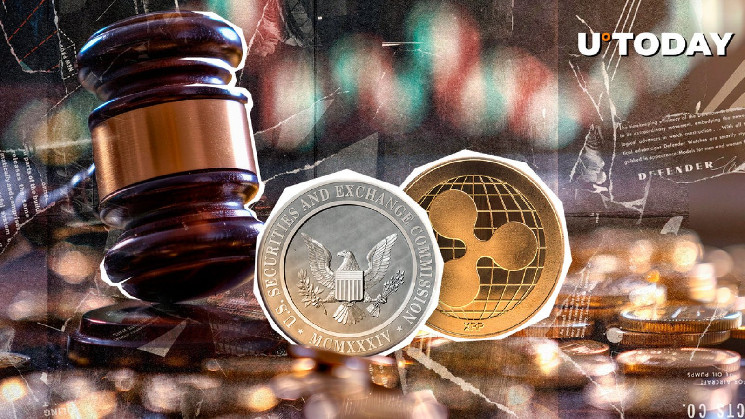In a recent development in the Ripple litigation in California, a U.S. District Court Judge issued orders on several motions, bringing further clarity to the ongoing lawsuit in which plaintiffs allege securities law violations by the cryptocurrency company. The parties involved in the XRP lawsuit have scheduled settlement talks as the court prepares for a pretrial conference on Dec. 19 and jury selection on Jan. 21, 2025.
Judge Hamilton's ruling largely favored the plaintiffs, granting orders on four motions under the Daubert rule. The court denied Ripple's motion to exclude the testimony of plaintiffs' expert Jeremy Clark, while also denying their attempt to exclude the testimony of Saifedean Ammous.
Conversely, the court granted plaintiffs' motion to exclude the testimony of defendant's expert Alan Schwartz and Ripple's motion to exclude the testimony of plaintiff's expert Joel Seligman.
State level details
Ripple argued that Clark lacked specific expertise on XRP, but the court found his report reliable, emphasizing that XRP Ledger is dependent on Ripple and that the distribution of XRP favors the company. The judge noted that the opposing opinions of experts Ferrell and Ammous on whether Ripple's actions affect the price of XRP would be determined by the jury at trial.
As things stand, legal expert Fred Rispoli has flagged the ongoing uncertainty regarding XRP's classification at the state level. He said that the California case, which is based on state law, does not directly affect the SEC v. Ripple case, which is based on federal law.
There could be. I've been sleeping on this civil case in California and need to update myself on what is happening. Remember the issue still being litigated is whether $XRP is a security under STATE LAW.
— Fred Rispoli (@freddyriz) October 27, 2024
This is a big deal because Judge Torres said that Ripple's sales of XRP to institutional investors broke federal securities laws. But sales on secondary markets to retail investors were not considered securities transactions.
 u.today
u.today
